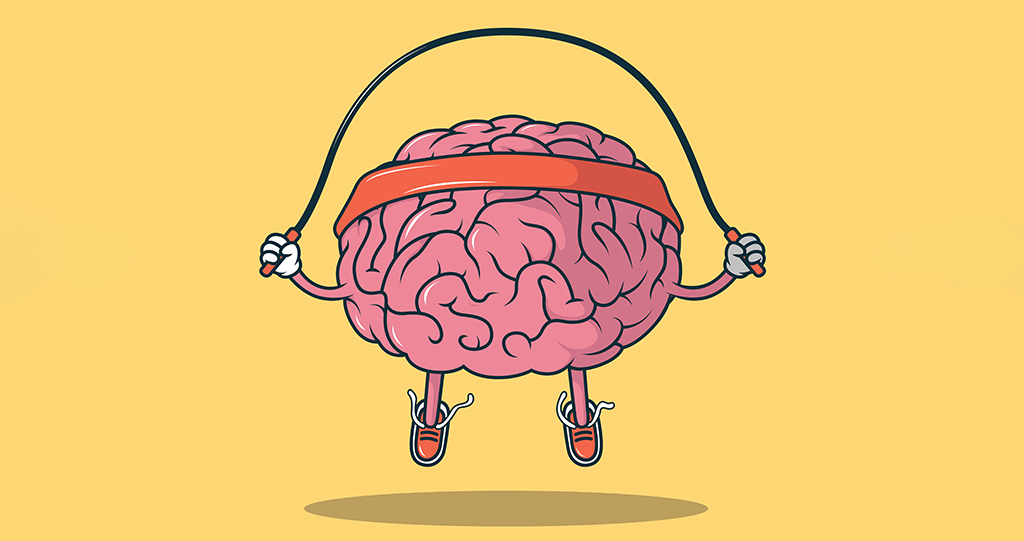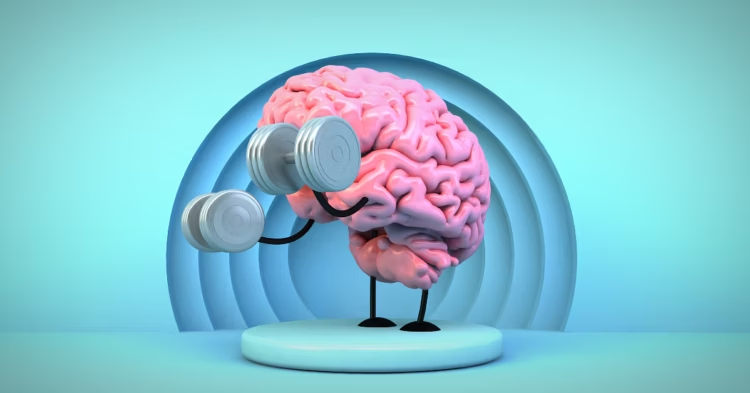With today’s era of technology, brain fitness is as important as body wellness. As diet and physical fitness occupy prime positions, mental acuity, memory, and emotional balance cannot be ignored. Not unexpectedly, the world wellness movement is already trending in the direction of cognitive wellness by integrating neuroscience, technology, and lifestyle routines to maximize how our brains function.
What Is Brain Fitness?
In short, brain fitness is the mind’s capacity to be quick, agile, and resilient. Like one does muscles at the gym, the mind becomes healthier with exercise on a regular basis—either through puzzles, meditation, or computer programs with all the bells and whistles. However, in contrast to physical fitness, cognitive wellness is not just about performance; it’s about handling stress, emotional balance, and maintaining mental health in the long term as well.
Future Trends in Cognitive Well-being are as follows:
We have seen unprecedented innovation in cognitive health over the last few years. From traditional mental stimulation, people are now embracing AI-based sleep technology, nootropics, and neurofeedback training programs. These technologies not only are designed to improve concentration but also help with memory recall, stress reduction, and imagination.
For instance, nootropics—usually called “smart drugs” or brain-enhancing supplements—are picking up among students as well as professionals. Contradictorily, AI-driven sleep trackers can track sleep patterns, give personalized recommendations, and even recommend interventions for maximizing sleep, which improves brain function directly.

The Science Behind Brain Wellness
Science is increasingly showing the strong linkage between lifestyle and brain function. Healthy diet, regular exercise, and sleep are still at the core of mental well-being. Technology now plays an adjunct role with new ways of monitoring and improving mental functioning.
In addition, exercises such as meditation and guided breathing have been found to lower levels of cortisol, encourage emotional stability, and even rewire neural pathways—a phenomenon known as neuroplasticity. This is to say that, with proper habit, the brain can in fact rewire itself to work better.
Why Brain Fitness is Important to the Future
As populations become older and distractions of the digital era increase, cognitive health will become more and more critical. By merging old medicine like meditation with newer technology like AI and neurotechnology, we can create a guide to brain wellness.
Brain fitness is not, in the end, about accomplishing things — it’s about living on purpose, with purpose and with grit. Transitioning to a lifestyle that fuels body and mind equally promises a better, more balanced future.










